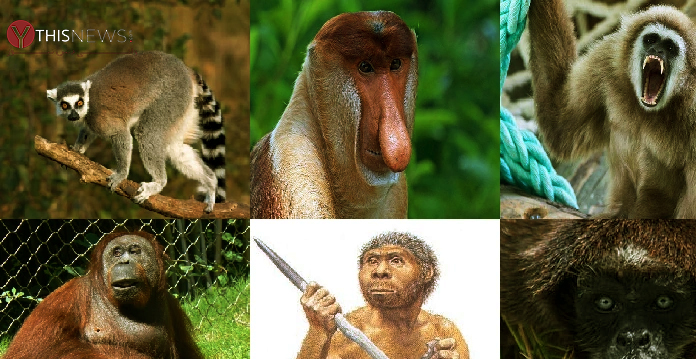Scientists from the Centre for Cellular and Molecular Biology (CCMB) in Hyderabad have conducted two new studies that have produced vital insights into the genetic variety of primates and their evolution. These findings have implications for understanding and protecting biodiversity, particularly in closely related species to humans.
The scientists used genome sequencing techniques to analyse over 800 individuals from 233 primate species, including 83 samples from 19 main primate species researched by CCMB experts in India. They discovered 4.3 million common missense mutations, which are genetic changes that can affect the makeup of amino acids and potentially alter protein function. These mutations have ramifications for a wide range of human disorders.
The international research was led by prominent organisations such as the Institute of Evolutionary Biology, Pompeu Fabra University, Illumina, and Baylor College of Medicine, with CCMB serving as the Indian collaborator. In June, the findings of the study were published in the prominent journal Science. The paper contains the most comprehensive database of primate genomic information to date, spanning over half of all primate species on the planet.
The data set contains data on primates from a variety of regions, including Asia, America, Africa, and Madagascar. This invaluable resource has enabled scientists to compare genomes and obtain a better knowledge of primatology’s evolutionary history, providing crucial insights into what distinguishes humans.
Dr. Govindhaswamy Umapathy, senior principle scientist at the CCMB, emphasised the significant genetic diversity identified across monkeys across geographical locations and taxonomies. The study of this diversity is critical for understanding human evolution, understanding human diseases, and conserving these species for the future.
The study also discovered that the western hoolock gibbon, India’s lone ape species, as well as lion-tailed macaques from northeastern India and the Western Ghats, had lower genetic diversity than the other primates studied. Dr. Umapathy emphasised the importance of prioritising conservation efforts for these primates in India, citing the findings as useful insights into the species in need of immediate conservation measures.
Dr. Vinay Kumar Nandicoori, Director of CSIR-CCMB, remarked that these research provide significant information on the primates that require the most conservation efforts. The findings may aid in the development of effective conservation strategies for these species, thereby ensuring their long-term existence.
(This story is sourced from a third-party syndicated feed. Raavi Media takes no responsibility or liability of any nature. Raavi Media management/ythisnews.com can alter or delete the content without notice for any reason.)


